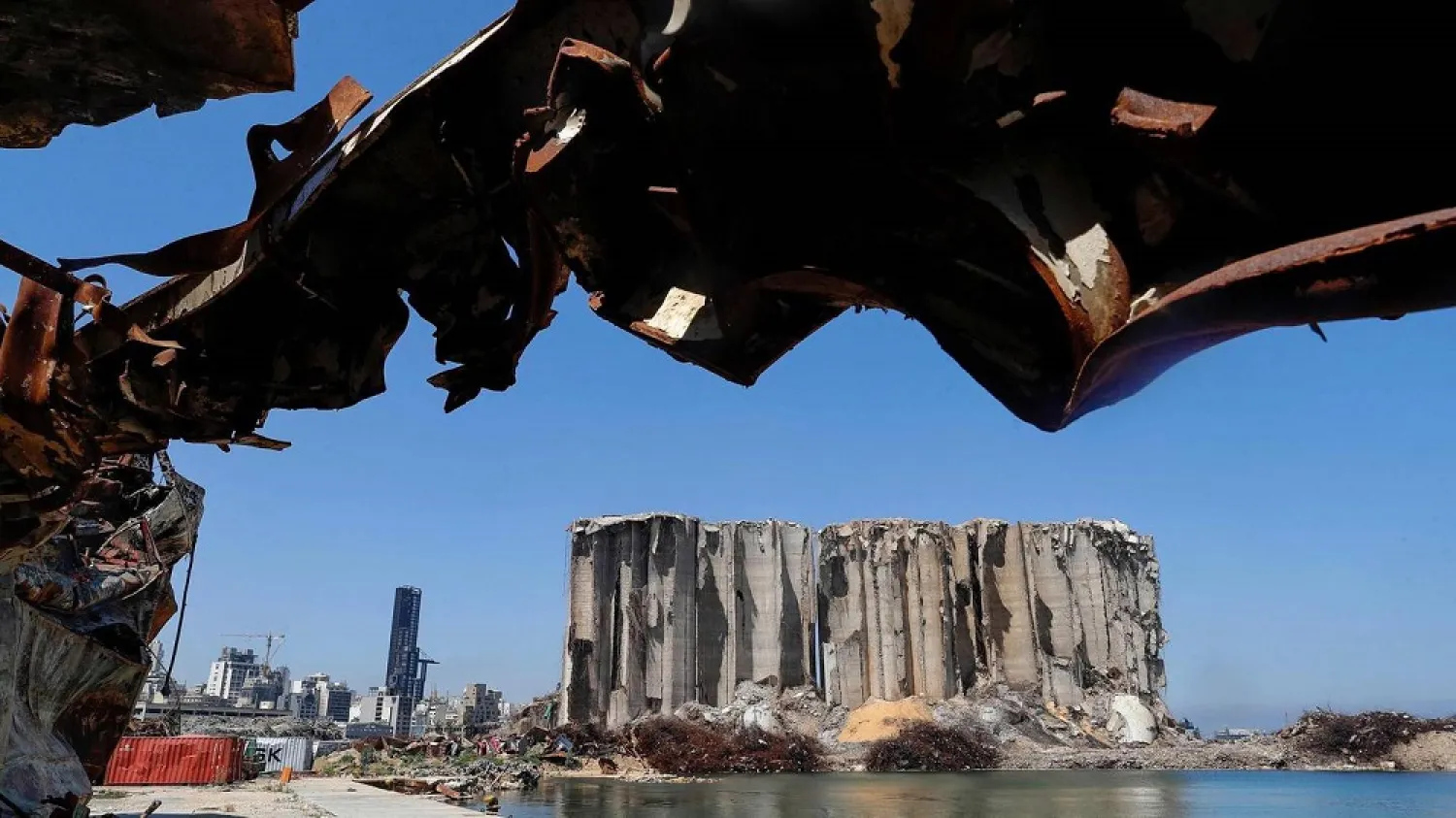Lebanon’s caretaker interior minister has rejected a request by the lead investigator into the Beirut port explosion to question one of its top security chiefs, according a document seen by Reuters, and judicial and security sources.
Nearly one year after the Aug. 4 explosion that killed more than 200 people, wounded thousands more and devastated swathes of the capital, no senior officials have been held to account.
The blast was caused by a massive quantity of chemicals that had been unsafely stored at the port for years with the knowledge of officials.
Interior Minister Mohamed Fahmy’s decision to reject Judge Tarek Bitar’s request to question security chief Major General Abbas Ibrahim, head of the General Security agency, was set out in a letter to the justice minister and seen by Reuters.
Bitar became the lead investigator into the blast after his predecessor, Judge Fadi Sawwan, was removed in February.
Sawwan had charged three ex-ministers and the outgoing prime minister Hassan Diab with negligence over the blast, but they refused to be questioned as suspects, accusing him of overstepping his powers.
Bitar has written to parliament asking for immunity to be lifted from former Finance Minister Ali Hassan Khalil, former Public Works Minister Ghazi Zoaiter and former Interior Minister Nouhad Mashnouq, the National News Agency reported last week.
A parliamentary committee was due to convene on Friday to study the request.
After being charged by Sawwan, Diab said his conscience was clear, Khalil said he had no role in the blast and Zoaiter called the charges "a blatant violation". Mashnouq has also denied any responsibility.









